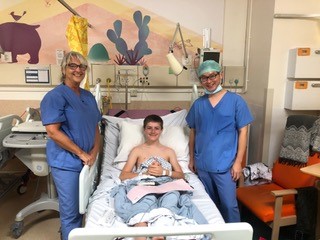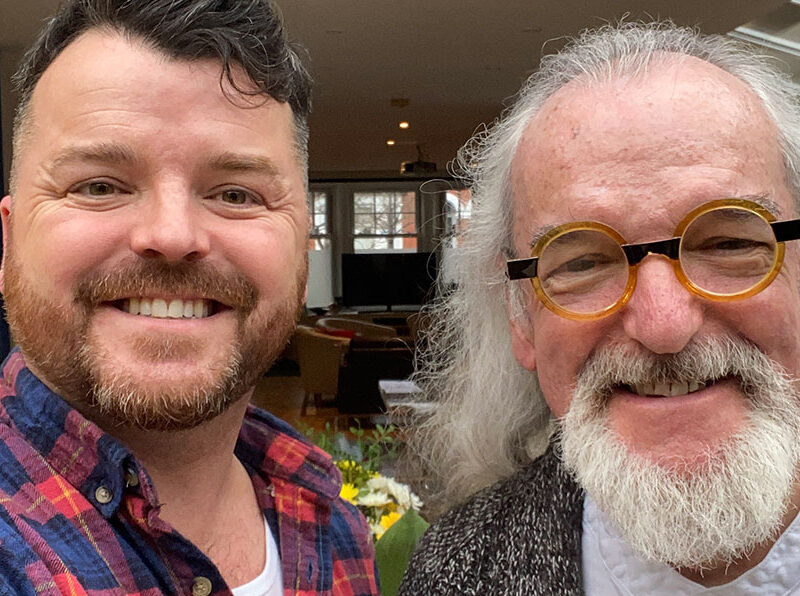
Screening to be Sure: Cardiac Risk in the Young’s Initiative
Screening to be sure: Cardiac Risk in the Young’s Initiative
New Malden family urges parents to sign up for heart screenings
A local family is publicly backing a national campaign by charity Cardiac Risk in the Young (CRY), following a close call with their son.
Niki Mason, of New Malden, had arranged for her son, Finn, to attend a free CRY screening in December 2019. Having nearly dropped the appointment due to a variety of reasons on the day, there was relief on the Masons’ part that gut-instincts were followed and the appointment attended as Finn was diagnosed with a hidden heart condition.
Through CRY’s free screening programme, Finn narrowly escaped being another statistic representative of symptomless heart condition fatalities in the UK. On average, 12 otherwise fit and healthy under-35s pass away each week due to an undiagnosed heart condition – a number that CRY is eager to lower, particularly with the ongoing Coronavirus crisis having already led to approximately 21,000 appointment cancellations.
The Mason family has joined forces with CRY to ensure more families are made aware of the free screening programmes on offer.
 Following Finn’s diagnosis from one of CRY’s doctors of Wolff-Parkinson-White Syndrome, a number of follow up appointments and an eventual corrective operation ensued. Now considered ‘cured’ and ‘safe’ with just one more ECG check-up required, the family is hopeful the close call they had can be a warning to families, and push parents into utilising the free services available through the charity.
Following Finn’s diagnosis from one of CRY’s doctors of Wolff-Parkinson-White Syndrome, a number of follow up appointments and an eventual corrective operation ensued. Now considered ‘cured’ and ‘safe’ with just one more ECG check-up required, the family is hopeful the close call they had can be a warning to families, and push parents into utilising the free services available through the charity.
Professor Sanjay Sharma of St George’s Hospital, University of London, is CRY’s Consultant Cardiologist and oversees the screening programme. On the importance of utilising such services, he said, ‘Although cancellation of these clinics is completely understandable to minimise the spread of the viral infection, there will be a number of young people who will not receive a diagnosis and treatment of a potentially serious, and probably silent, cardiac abnormality. I therefore really hope these individuals will still be motivated to sign up to be tested again in the future, as soon as we are able to resume our services.’
To find out more about Cardiac Risk in the Young’s screening programme and opportunities, see the website.






